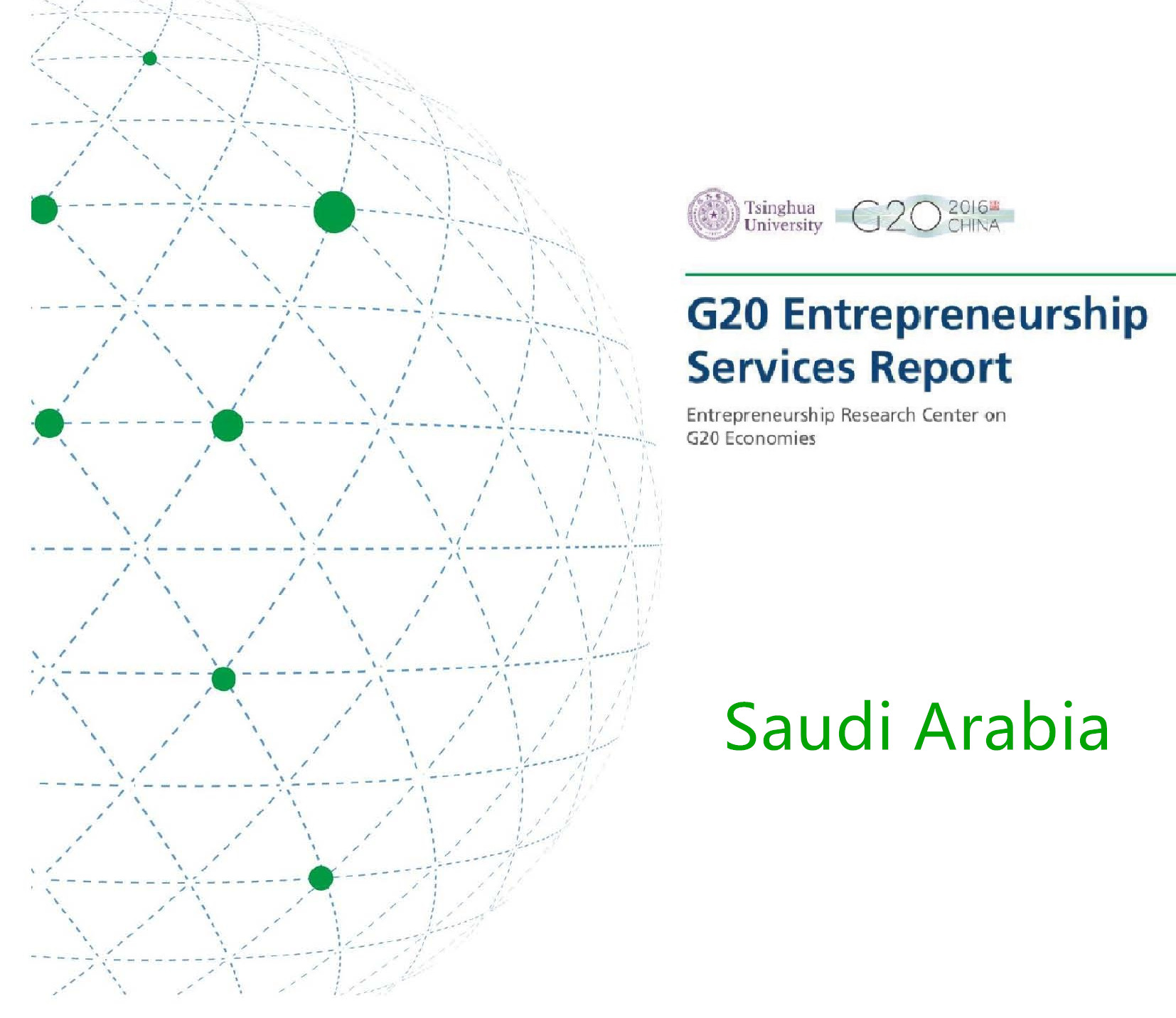
Summary
The Saudi Arabian General Investment Authority defines an enterprise with fewer than 60 employees as a small enterprise and a medium-sized enterprise with 60 to 100 employees. Saudi Arabia has about 950,000 small and medium-sized enterprises (SMEs), hiring a total of 4.7 million employees.
In 2016, the Saudi government released the new Companies Law and announced the long-term plan “Saudi Vision 2030”. This vision contained various programs and plans to promote the development of SMEs. Under the framework of this vision, the Saudi Council of Economic and Development Affairs (CEDA) issued a financial development plan to support the financing of SMEs from banks. Another program named “In-Kingdom Total Value Add (IKTVA) Program of Saudi Aramco” was committed to creating job opportunities in the country. The Saudi government also introduced the Saudi Private Sector Stimulus Program, aiming at enhancing the importance of private sectors in the economy. Meanwhile, the Small and Medium Enterprises General Authority issued four detailed plans to promote SMEs, with a total amount of more than 12 billion Saudi riyals (equivalent to 3.2 billion US dollars). Besides, the Saudi Arabian Ministry of Environment, Water, and Agriculture designed the national overall agricultural products safety strategy, displaying its supports to agricultural SMEs and households.
The Saudi government has also been actively involved in the financial support for start-ups and SMEs. New enterprises established from 2016 to 2021 would be exempted from government taxes (in the form of reimbursement) during the first three years of their operations. The Saudi Public Investment Fund (PIF), the SMEs Loan Guarantee Program (KAFALH), and the SME parallel market (NOMU) were all launched to boost SMEs.
Progress has been made in entrepreneurial services such as technical service, enterprise incubation, and communication platform as well. The Saudi government has formulated the 2018 - 2020 Plan of the PIF to advance scientific research. A new city named Neom will be built as an economic special zone to lead emerging technologies and industries. Besides, while Badir Program for Technology Incubator has become a mature business incubator, universities have also set up incubators and entrepreneurship accelerators. As for the exchange platform, Saudi Arabia promotes the exchange of information between emerging industries and start-ups through various conferences and forums, such as the Future Investment Forum and Startup 100 Forum.
For special demographic groups such as youth and women, Saudi Arabia has set up specialized programs, funds, and organizations to provide entrepreneurship training services. The Prince Mohammad Bin Fahd Abdulaziz Program for Youth Development, The Centennial Fund (TCF), the Saudi Entrepreneur Program (Riyyadi), and Princess Jawaher’sMashael Al-Khair Center are remarkable examples in this area. For university entrepreneurship education, Saudi universities such as King Abdullah University of Science and Technology (KAUST) and Prince Mohammad Bin Salman College (MBSC) of Business & Entrepreneurship not only include entrepreneurship education in their curricula, but also place a priority on international exchanges and collaboration with foreign universities such as Babson College in the US.